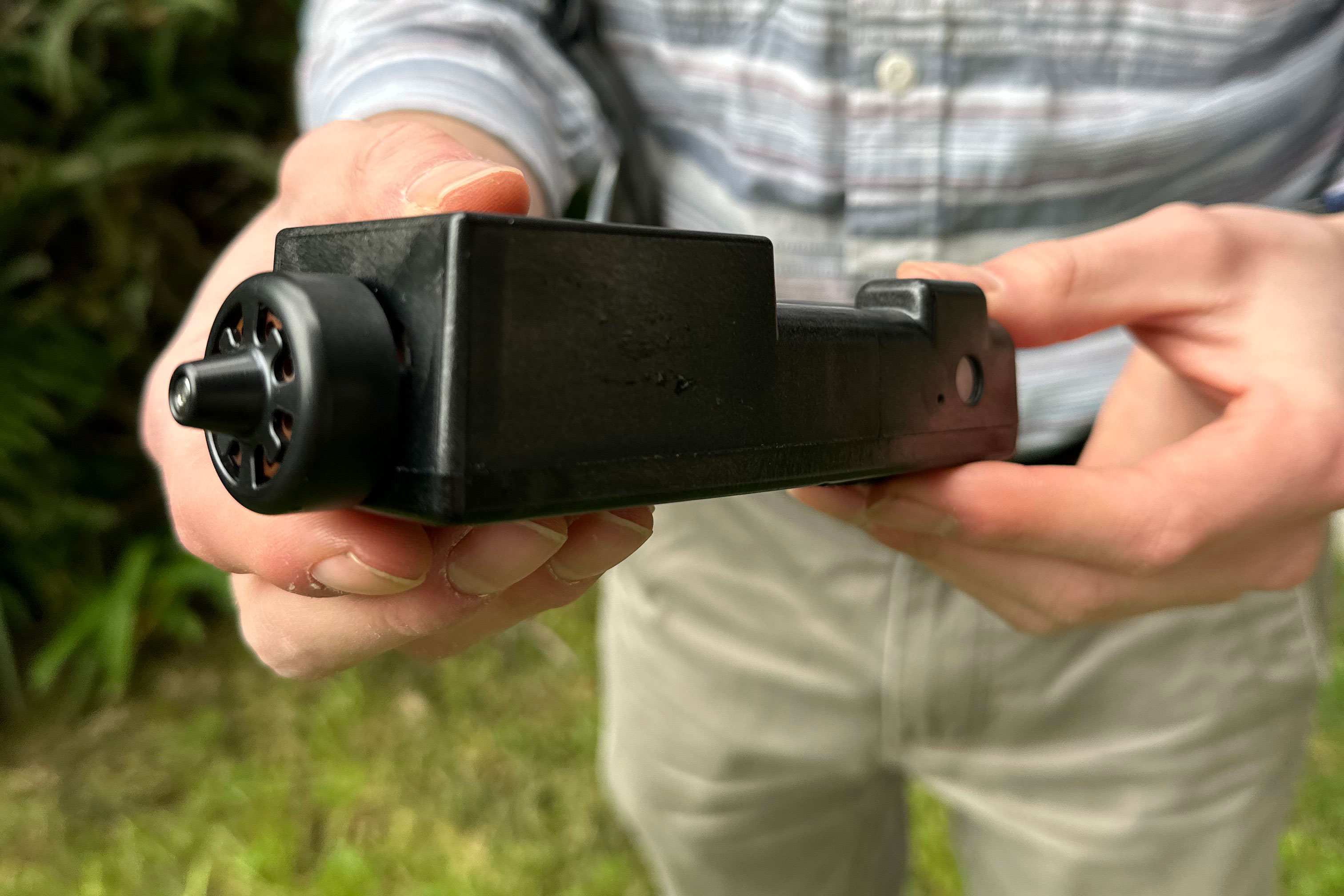Coins of Compassion: When Small Gestures Become Treasures
India, a land of stark contrasts and rich traditions, is where ancient customs seamlessly blend with modernity. From the snow-capped Himalayas to Kerala’s sun-kissed beaches, from bustling metropolises to quiet villages, India’s diversity mirrors its vast geography. With a multitude of religions and countless festivals, each state feels like a different country, boasting unique cuisines, attires, and cultural nuances.
In this kaleidoscope of cultures, our family’s story unfolds, weaving through the vibrant tapestry of Indian life and revealing the golden thread of human kindness that connects us all.

Our journey into parenthood began in Kerala, aptly called “God’s Own Country” for its lush beauty. In November 2017, Thiruvananthapuram, the state capital known for its colonial architecture and beautiful beaches, welcomed our twins. As is customary in India, gifts poured in – baby toiletries from our house-help and tiny gold rings from our cook, traditional blessings deeply rooted in local culture.
Six months later, we traveled to Kolkata, my hometown and the capital of West Bengal. This “City of Joy” is a melting pot where colonial-era architecture meets bustling bazaars. One sunny morning, we ventured to Tiretti Bazaar, the city’s historic Chinatown, its narrow lanes filled with vendors selling steaming dumplings and aromatic soups – a legacy of Kolkata’s centuries-old Chinese community.
It was here, amidst the sensory overload of sights and smells, that we experienced unexpected generosity. An elderly man, dressed in a vest and khaki shorts, his hair and beard unkempt, approached us. In one hand, he clutched vegetables; in the other, he extended two 10-rupee notes (equivalent to about 25 cents) – a gift for my babies. When I hesitated, concerned he’d be left with nothing, he simply smiled, waved, and melted back into the crowd.

Days later, a rickshaw puller – one of the men who hand-pull passenger carts through Kolkata’s congested streets – stopped to offer two 5-rupee coins for the twins.
The contrast between these humble gifts and the expensive baby gear we’d received was stark, yet profoundly moving. Here were individuals with so little, sharing their meager earnings with infants they’d never see again. Their actions transcended economic boundaries, reminding us that true wealth lies not in one’s bank account, but in the capacity of one’s heart to give.
Today, as I reflect on the gifts we received – from expensive baby gear to these humble coins – I’m struck by a universal truth: generosity knows no economic boundaries. In a world often divided by wealth and status, these simple acts of kindness transcended all barriers.
As my children grow, I’ll share with them not just the story of their birth in Thiruvananthapuram or our adventures in Kolkata, but also these moments of unexpected compassion. I want them to understand that true wealth lies not in one’s bank account, but in the capacity of one’s heart to give.
In our global community, where differences often overshadow our shared humanity, perhaps we can all learn from the unassuming generosity of a street vendor and a rickshaw puller. Their actions remind us that kindness, in its purest form, is a language understood by all, regardless of culture, creed, or economic status.
Our journey through India’s vibrant states not only introduced our twins to the country’s rich cultural heritage but also to its even richer tradition of heart-warming generosity. It’s a poignant reminder that in our global community, where differences often overshadow our shared humanity, the simplest acts of kindness can create the strongest bonds, transcending borders and backgrounds.
Bidisha Ghosh, content writer, mother of twins, avid reader, and passionate baker.








